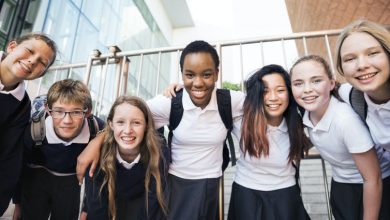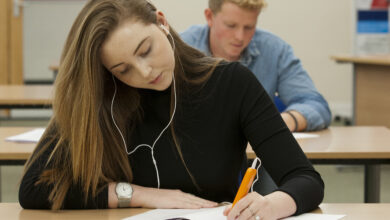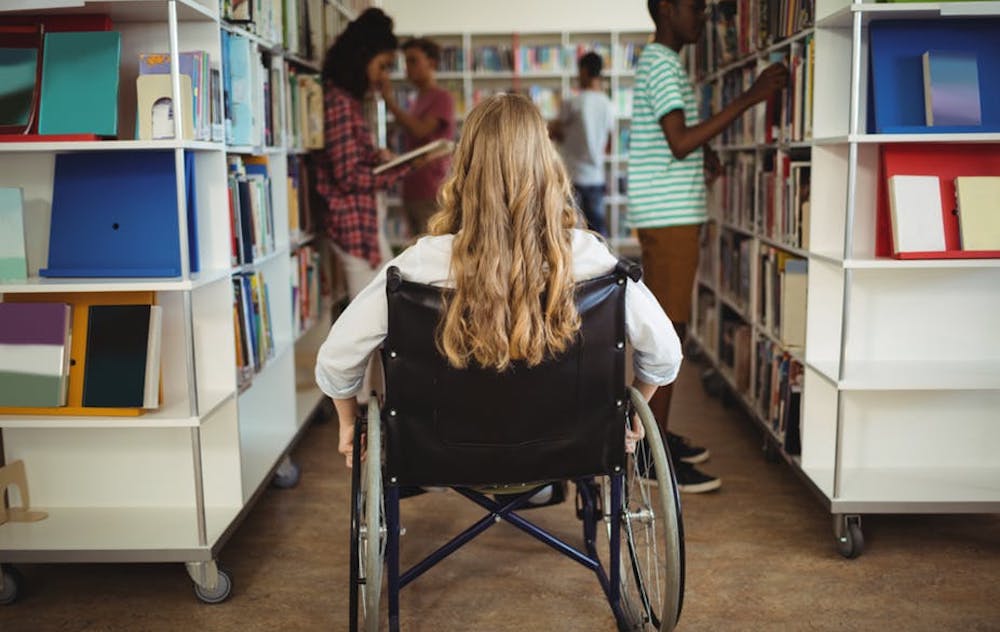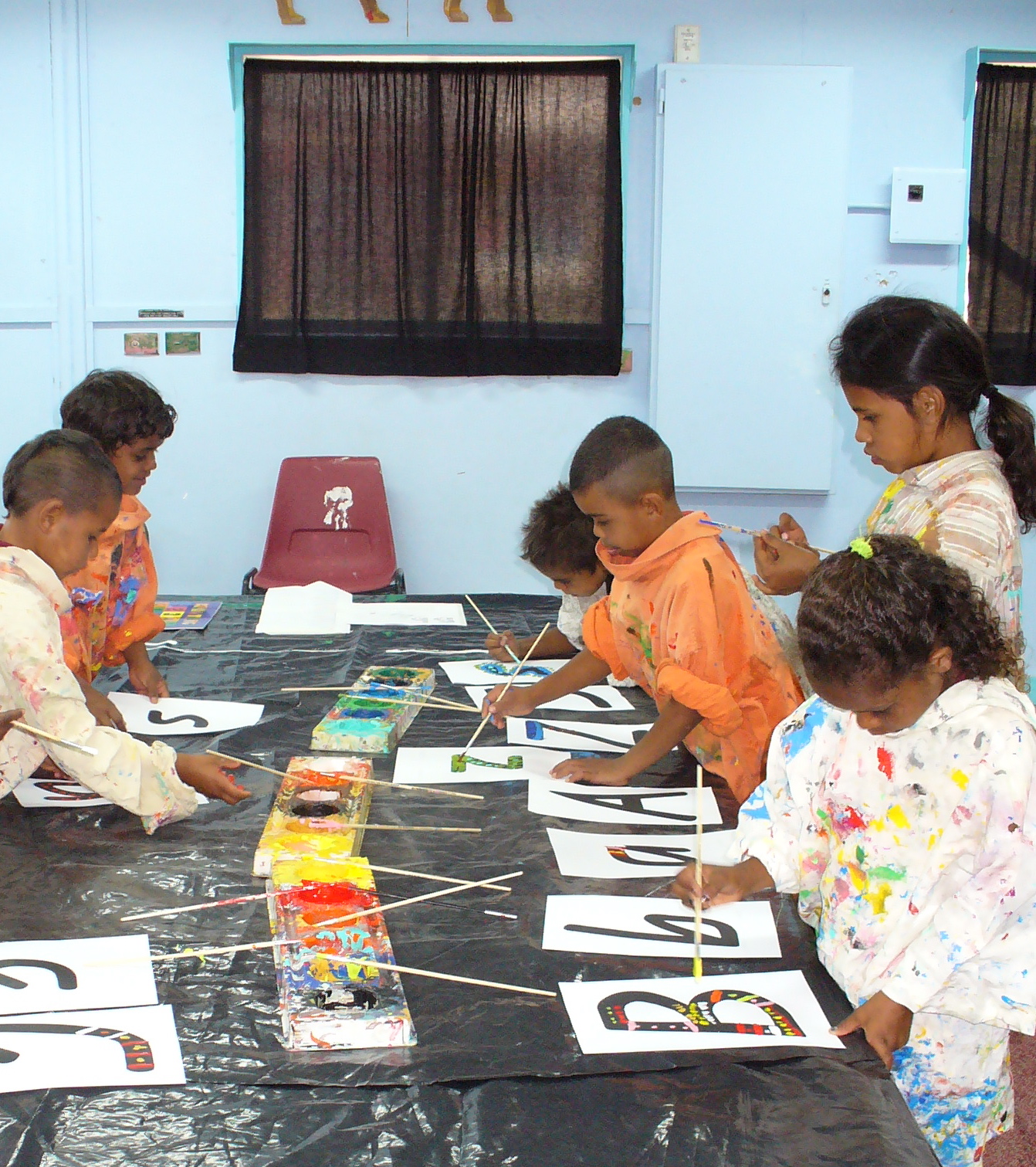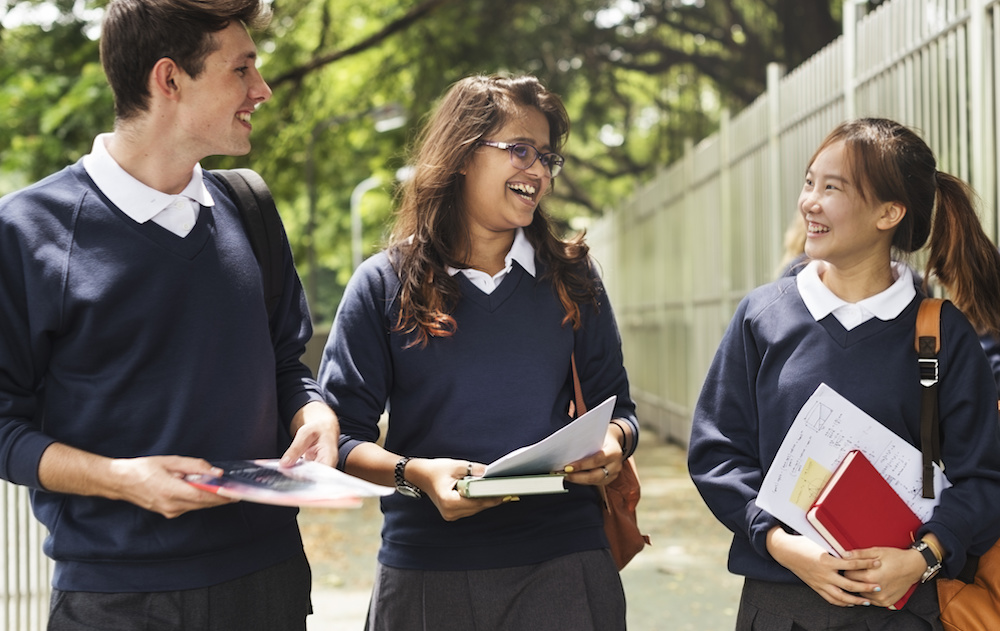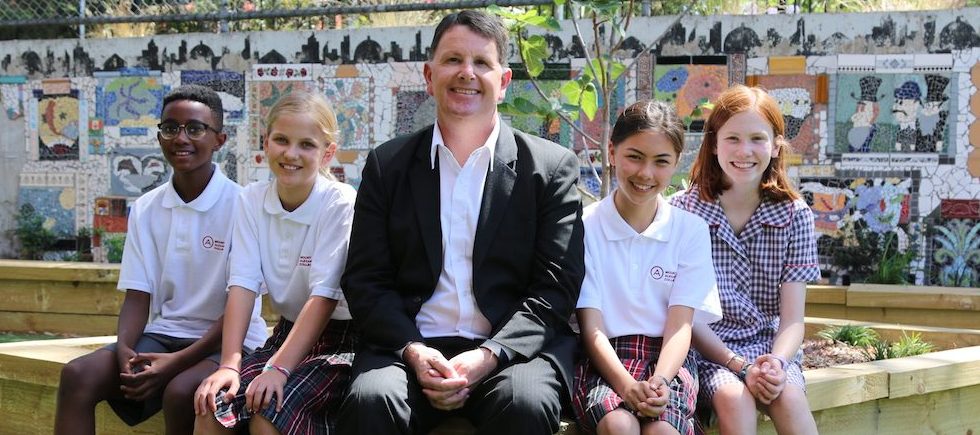
“One size does not fit all, and neither should education. I believe student choice and voice is important in empowering students to learn,” says Mr Wayne Haworth, principal of secondary school, Mount Alexander College in Flemington, Victoria.
In Wayne Haworth’s first role as a principal at Mount Alexander College (MAC) in 2015, he sought out Peter Hutton, principal of Templestowe College, as his mentor. Wayne was interested in delivering an innovative approach to secondary education. His first step as a principal was to observe and consult with the school community (students, staff and parents) to understand what they wanted from the school. The next step was to implement dramatic changes.
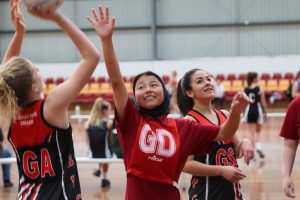
Since this shift in focus, enrolments from students seeking more from the education system increased across all year levels. A surprising aspect of the increased enrolments, is that many students are enrolling across all year levels, and throughout the year. When students seek enrolment at MAC, they usually report that the traditional school system is not working for them, and they have heard that MAC delivers education in an alternative way.
So what is so different about the education at Mount Alexander College?
Principal Wayne Haworth described some of the changes that he, and the leadership team, have made:
“Traditional school students are grouped according to age. At Mount Alexander College, we empower our students with their learning through vertical classes and subject choice. We believe in developing creativity, critical thinking skills, and the ability to work independently.
“We have no bells, use the public announcement system minimally, but follow a structured timetable of a ten-minute mentoring session, and four 75 minute periods. The school also offers a ‘Period 0’ and ‘Period 5’ that can be negotiated between the students and the teachers. All students have course counselling to help them plan their future and guide them in their subject choice.
“Our vertical curriculum enables greater subject choice no matter the year level, which in turn develops a deeper love of learning in students. We removed the reference to year levels, instead refer to entry level (year seven), above entry (years eight to ten) and graduate (years 11 and 12). The absence of arbitrary division according to age allows students more control of their learning, through individual learning plans. Students select subjects from over 100 electives allowing them to follow their passions, as well as attending to the key learning areas: literacy and numeracy. Students are placed in an English or maths class appropriate to their learning needs.
“Many visitors comment on how calm our school is. Allowing students to select their own study path means that when they are in class, they actually want to be there. This creates a classroom climate quite distinct from most secondary schools.”
“It is the quality of the teachers that make a great school. Over the past 12 months, I have recruited many outstanding teachers, and placed a high priority on professional learning across the school in order to build the capacity of all staff.”
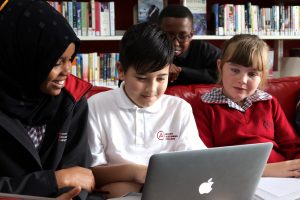
“The school is as cosmopolitan as greater Melbourne, and I believe that there is no better place to learn about the customs and traditions of other cultures than at school. Cultural diversity is one of our strengths, with over 40 different nationalities represented. Some of the countries represented are: Brazil, PNG, South Africa, Bosnia, England, Sweden, Ethiopia, China and Thailand.”
Wayne elaborated on the culture of the school: “Whether you are an entry level student, graduate, teacher, principal or parent, everyone deserves respect. No one has the right to disrupt or interfere with someone else’s learning. We have zero tolerance of bullying of any kind, smoking, alcohol, illegal drugs or violence, and instil in our staff and students a sense of respect for self, others and the environment.
“Our students have access to a wide range of student wellbeing resources, as I believe that student wellbeing is the foundation of academic success. These include study and social skills, resilience programs, student leadership development, positive school-wide behaviours, mentor programs, house structure and a dedicated wellbeing team.
“I consider endeavour as important as excellence. All of our students are able to be their best by being empowered to take control of their learning; encouraged to follow their passions while having fun and being challenged; and are supported along the way,” he concluded.
There is a quiet hum at the school now that the students have returned after the summer break. They have returned to find more work completed to the buildings and grounds. There is fresh carpet and paint. A café has been built in the Resource Centre. The newly created outdoor classroom’s plants have grown over the break, and the finishing touches have been added to the new sound proofed music room and the new MAC lab. After listening to student voice, new features have been added to the uniform, including better sports shirts, jackets and a skort. There are new people to meet in all year levels, including local and international students.
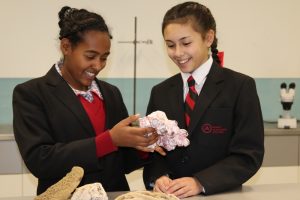
This year, following feedback from ‘year seven’ students and their parents in 2016, the entry level students have an additional innovative program called ‘Quest’. Quest is taught by the same teacher six periods a week. Quest is an integrated subject with a qualified English teacher who works collaboratively with the students on novels, guided inquiry-based learning, and projects such as archaeological investigation of the fall of civilisations. It is also expected that this teacher will play a significant role in the pastoral care needs of the students in the Quest class. There will also be certain times of year where the inquiry module will span across the thought provoking ‘greening the apocalypse’: a science subject that focusses on sustainability and climate change.
There is a sense of calm as the school settles into the new year. After a very busy year of many new changes in 2016, 2017 is set to be a year of consolidation, while still moving forward to improve student outcomes. This is reflected in the higher levels of confidence in students and staff, and seeing them taking initiative to make positive contributions to the school, ensuring their school environment is a place they want to be.
The students understand now that their voice is of the utmost importance and that they are not just responsible for their learning; they are empowered with their learning.

